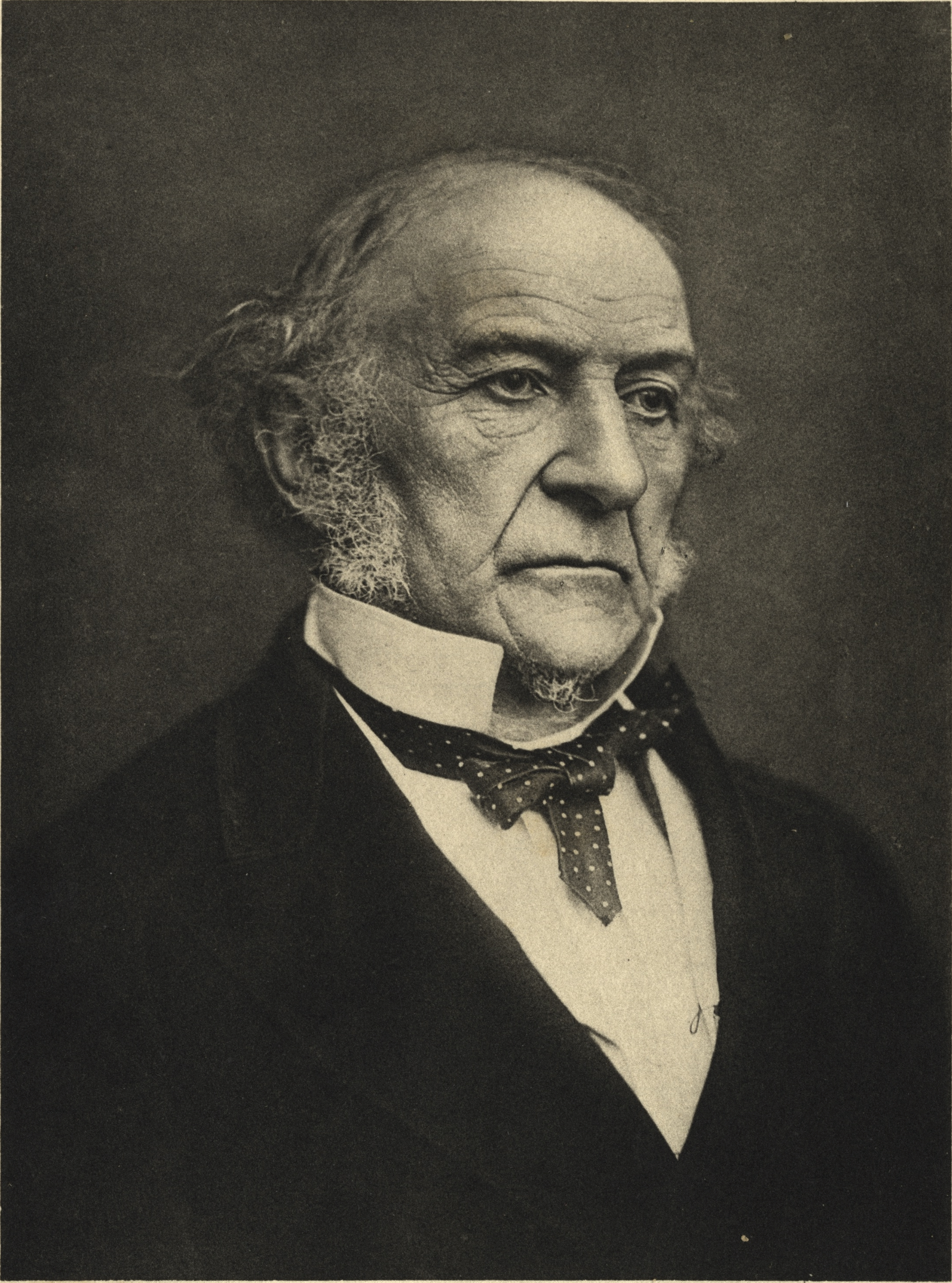Often attributed to Gladstone. During the debate on the budget of 1867, Laing quoted Lord Sydenham's use http://hansard.millbanksystems.com/commons/1832/feb/06/finance-deficiency-in-the-revenue of the phrase in 1832 to Gladstone, with Gladstone replying http://hansard.millbanksystems.com/commons/1867/apr/04/ways-and-means-tue-financial-statement: "...when you talk of the "fructification" of money — I accept the term, which is originally due to very high authority — for the public advantage, there is none much more direct and more complete than that which the public derives from money applied to the reduction of debt." The phrase itself occurs earlier, among others:
...ought we to appropriate in the present circumstances of the country 3 millions of money out of the resources and productive capital of the nation, to create an addition to the treasury of the state? Ought we to reduce our public debt by a sacrifice of the funds that maintained national industry? Ought we to deprive the people of 3 millions of capital, which would fructify in their hands much more than in those of government, to pay a portion of our debt?
The Marquis of Lansdowne (21 June, 1819) http://hansard.millbanksystems.com/lords/1819/jun/21/cash-payments-bill
He put it to his hon. friend the member for Taunton, whether for the sake of increasing the fictitious value of stock, the grinding taxation which encroached on the capital that formed the foundation of credit, ought to be endured? He put it to his powerful mind, whether it would not be better to leave in the pockets of the people what increased and fructified with them, than, by taking all away, to ruin them and annihilate the revenue?
Lord Milton (14 June, 1821) http://hansard.millbanksystems.com/commons/1821/jun/14/agricultural-horse-tax
The right hon. gentleman had urged, as one 331 objection to the application of the surplus of five millions as a sinking fund, that it was taking that sum from the people, which would fructify to the national advantage, in their pockets, much more than in the reduction of the debt.
William Huskisson (28 February, 1823) http://hansard.millbanksystems.com/commons/1823/feb/28/reduction-of-taxation
It was one of the great errors of Mr. Pitt's system, that the people should be taxed to buy up a debt standing at four or five per cent interest, when it was clear that that money, if left to fructify in the pockets of the people, would be productive of infinitely more benefit to the country.
Lord Milton (1 June, 1827) http://hansard.millbanksystems.com/commons/1827/jun/01/the-budget
Misattributed
